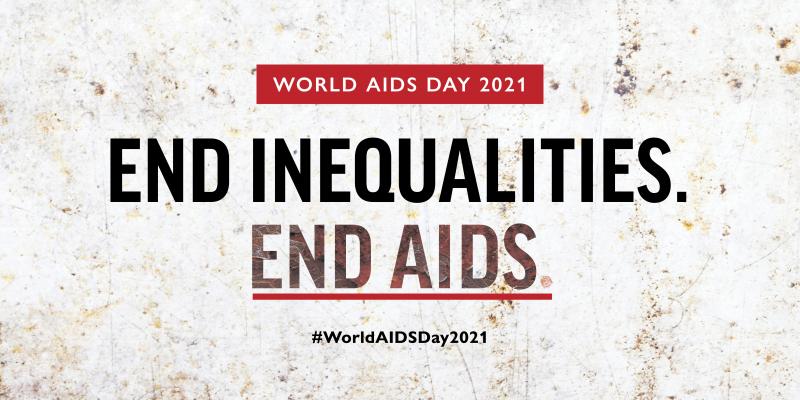World AIDS Day 2021
Health day
Amsterdam, 1 December 2021 – This World Aids Day (1 December) marks forty years after the first five cases of AIDS were first identified in the CDC’s Morbidity and Mortality Weekly Report (MMWR), in June 1981. Today, 38 million people are living with HIV. While testing, treatments and prevention methods have come a long way since then, the work continues to end the epidemic that at first generated stigma, misinformation and miscommunication. It was through the work of activists and researchers that lifesaving treatments emerged, allowing people living with HIV to live long and healthy lives – something they never imagined would transpire.
As one of the partners within the Chemonics consortium we supply essential HIV/AIDS products for the Global Health Supply Chain – Procurement and Supply Management (GHSC-PSM) programme. Thanks to PEPFAR and USAID, GHSC-PSM has likely helped avert approximately 950,000 infections and 248,000 deaths over the life of the project. Through millions of deliveries of antiretrovirals (ARV), prevention methods such as condoms and pre-exposure prophylaxis (PrEP), and laboratory equipment and tools along with overall supply chain support at the national and even district level in over 40 countries, the person-center HIV/AIDS supply chain has helped save lives and continues to do so.
With the new COVID-19 pandemic afoot, strides made around HIV/AIDS could fall off track. It’s why IDA Foundation joins partners on this World AIDS Day to refocus on tackling inequalities, ensuring key people and populations living with HIV receive the care and treatment they need while continuing to provide access to testing and prevention methods.
Approaches such as multi-month dispensing (MMD) and decentralised drug distribution (DDD) focus on the individual and their needs to help with their treatment and care. Through MMD patients like those in several African countries, receive more than a month’s worth of medicine, saving them time and money on multiple trips to dispensaries. Testing and diagnostics are also essential to end the HIV/AIDS epidemic, and it is important to expand and transform laboratory services to be efficient and cost-effective. During the COVID-19 pandemic, many HIV test centers have been transformed into COVID testing stations, causing a decrease in HIV diagnoses. This is why it is more important than ever to redirect the focus to HIV/AIDS and to tackle inequalities, by making sure people and populations living with HIV, receive the care and treatment that they need while continuing to provide access to testing and prevention methods.
See the special World Aids Day webpage and Zine (available in high resolution and low resolution) for an overview of the challenges and achievements over the past 40 years.

